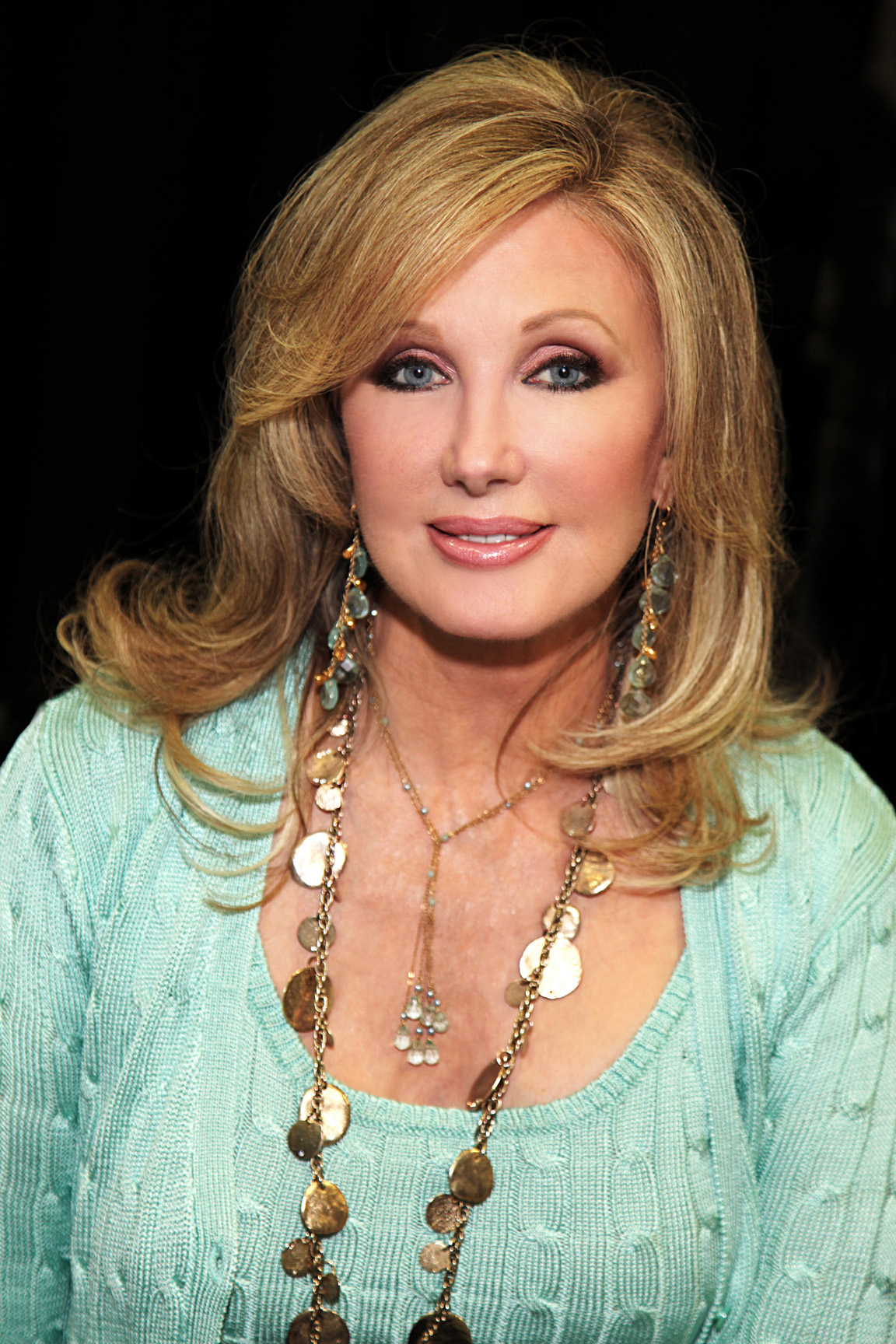Jonathan Rowe
Explore the detailed timeline of Jonathan Rowe's life, significant milestones, and achievements. This page provides an in-depth look at the key events that shaped his personal and professional journey.
Jonathan Rowe's Appointment as Editor at Washington Monthly
In February 1996, Jonathan Rowe was appointed as an editor at Washington Monthly. During his tenure, Rowe used his platform to critique conventional economic policies and advocate for alternative approaches that prioritize human and environmental welfare over traditional profit metrics. His editorial work significantly shaped public discourse on economic and social policies, influencing a generation of policymakers and activists to reconsider the values underpinning economic systems.
Jonathan Rowe and the Publication of 'Time Dollars'
In 1998, Jonathan Rowe co-authored the book 'Time Dollars' which became significant in promoting the idea of time banking. This concept allows individuals to exchange services without the need for money, fostering community engagement and cooperation. Time banking was part of a broader social movement towards creating an economy based on collaboration and reciprocity, rather than pure profit. The book, which Rowe wrote with Edgar Cahn, gained traction in various communities, influencing new ways of thinking about work and value.
Analysis of Volunteer Work as an Economic Force
In April 2000, Jonathan Rowe presented a seminal analysis on volunteer work as a crucial yet undervalued economic force. He argued that volunteerism contributes significantly to the economy by providing essential services that are not captured in traditional economic measurements. Rowe advocated for policies recognizing the economic value of volunteer work, emphasizing its role in supporting the social fabric and addressing community needs. This analysis spurred further research and dialogue about the economic importance of volunteer efforts.
Co-founding of the Tomales Bay Institute
In March 2001, Jonathan Rowe co-founded the Tomales Bay Institute, which later became known as On the Commons. This organization aimed to promote the concept of the commons in modern society. The commons represents resources shared by communities, including natural resources, knowledge, and public spaces. Rowe's work at the institute focused on developing policies and strategies to protect and expand the commons, challenging the dominance of privatization and unregulated markets. His efforts highlighted the importance of collective stewardship and shared resources.
Jonathan Rowe's Involvement in the Simplicity Movement
In September 2003, Jonathan Rowe was deeply involved in the Simplicity Movement which advocated for lifestyle changes that lead to reduced consumption and a greater focus on non-material values such as family, community, and environmental stewardship. Through his writing and activism, Rowe contributed to a growing dialogue about the impacts of consumerism and the benefits of a simpler, more intentional way of living. His work resonated with many who were seeking alternatives to the high-pressure consumption-driven culture.
Rowe's Role in Regenerative Community Initiatives
In July 2005, Jonathan Rowe played a significant role in launching Regenerative Community Initiatives, which focus on sustainable living practices and reviving local economies through community-driven projects. These initiatives provided frameworks for communities to adopt sustainable practices that regenerate local ecosystems and economies. Rowe's contributions included policy advocacy and educational outreach, encouraging communities to create resilient systems that can adapt to ecological and economic challenges.
Jonathan Rowe's Essay on 'The Hidden Economy of Abundance'
In January 2008, Jonathan Rowe's essay 'The Hidden Economy of Abundance' was published, shedding light on how consumer culture overlooks the non-monetary economy that includes public goods, social interactions, and the natural environment. Rowe argued for the recognition of these elements as essential parts of the economy that contribute to human well-being and should be preserved and enhanced. His essay was part of a broader critique of mainstream economic thought which often marginalizes non-market aspects of life that people value.
Introduction of the 'Common Wealth' Concept
In May 2009, Jonathan Rowe introduced the concept of 'Common Wealth', challenging the traditional notions of wealth that prioritize personal and monetary assets. Rowe emphasized the wealth found in community ties, environmental health, and public amenities. His work aimed to shift the public discourse towards understanding wealth in terms of shared resources and collective wellbeing, inspiring policy discussions on economic reforms that prioritize sustainability and egalitarianism over profit maximization.
Publication of 'Our Common Wealth' by Jonathan Rowe
In November 2010, Jonathan Rowe published 'Our Common Wealth', a book that explores the idea of the commons in contemporary society. The book argues for the importance of shared goods and resources, advocating for policies that protect these communal assets. Rowe's work in 'Our Common Wealth' builds on his previous writings and activism, providing a comprehensive guide to understanding and engaging with the commons. The book was well-received and continues to influence discussions on sustainable and equitable resource management.
Jonathan Rowe's Death
Jonathan Rowe passed away on March 17, 2011. He was an influential author, editor, and activist known for his work on environmental and economic issues, particularly related to the commons and time banking. Rowe's passing was a loss to the community of thinkers and activists dedicated to promoting sustainable and community-centered economic practices. He left behind a legacy of writings and initiatives aimed at transforming how society values and interacts with public goods and services.
Frequently asked questions about Jonathan Rowe
Discover commonly asked questions regarding Jonathan Rowe. If there are any questions we may have overlooked, please let us know.
What is Jonathan Rowe's connection to the concept of the commons?
Who was Jonathan Rowe?
What are some notable works of Jonathan Rowe?
When did Jonathan Rowe pass away?
Related timelines
More timelines connected to Jonathan Rowe







